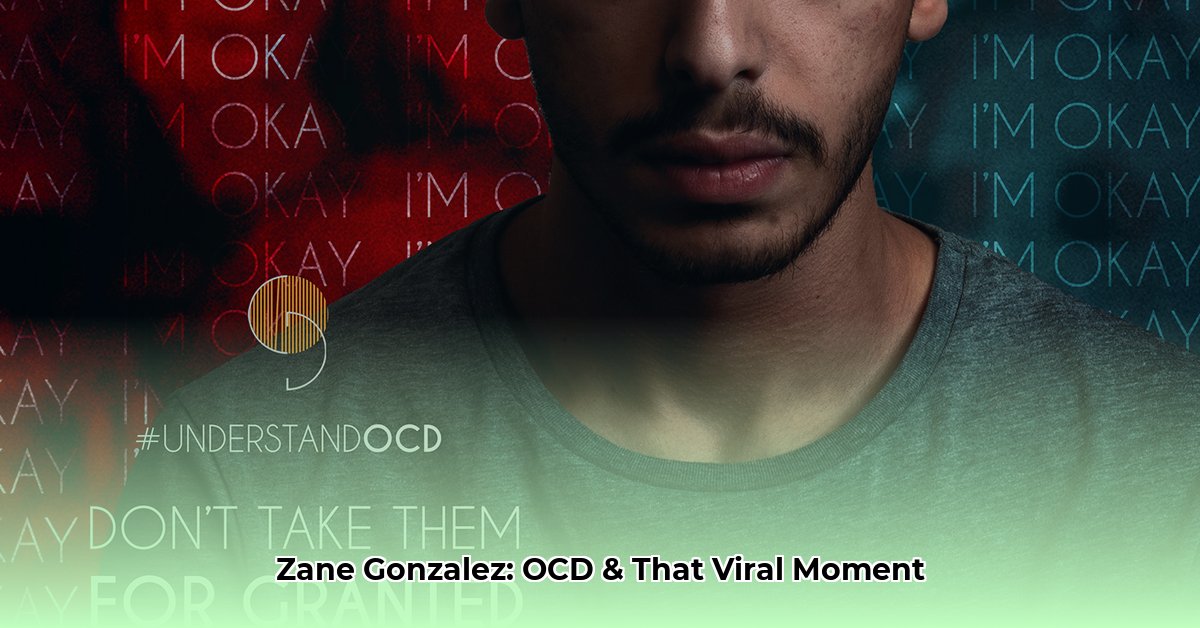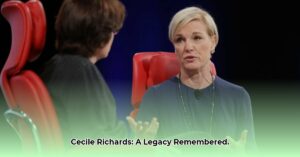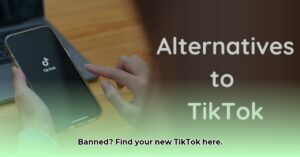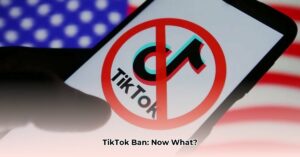From Viral Moment to Mental Health Advocate
During a pivotal 2025 NFL playoff game, Washington Commanders kicker Zane Gonzalez’s pre-kick routine captivated viewers. His meticulous adjustments—smoothing his hair, precisely arranging his socks—went viral. Initially, many dismissed it as superstition. However, Gonzalez bravely revealed the truth: these actions were part of his lifelong struggle with Obsessive-Compulsive Disorder (OCD). This courageous act transformed a viral moment into a powerful platform for mental health advocacy.
Understanding OCD: Beyond the Surface
OCD is often misunderstood. It’s not simply a preference for orderliness; it’s a complex mental health condition marked by intrusive, unwanted thoughts (obsessions) and the overwhelming urge to perform repetitive behaviors or mental acts (compulsions) to quell the anxiety these thoughts produce. These compulsions, while offering temporary relief, can be time-consuming and disruptive, significantly impacting daily life.
For Gonzalez, his pre-kick ritual was a visible manifestation of his coping mechanism, a way to manage the anxieties amplified by the high-stakes pressure of professional football. His willingness to share his experience challenged the stigma surrounding mental health, particularly within the often hyper-masculine culture of professional sports.
Gonzalez’s Journey: A Story of Courage and Resilience
Gonzalez’s wife, Lizzy, played a crucial role in shifting the narrative. Her impassioned defense of her husband on TikTok illuminated the pressures athletes face and sparked a broader conversation about OCD. This combined effort transformed a potentially negative viral moment into a powerful opportunity for education and advocacy.
Their story resonated deeply, highlighting that mental health challenges can affect anyone, regardless of their profession or public persona. It emphasized that seeking help is a sign of strength, not weakness. By sharing his journey, Gonzalez has likely empowered countless individuals struggling in silence to seek support and understanding.
Navigating OCD: Symptoms, Challenges, and Coping Mechanisms
Gonzalez’s pre-kick rituals offer a glimpse into the challenges of living with OCD. These actions are not mere quirks; they are coping mechanisms, strategies for managing the intrusive thoughts and overwhelming anxieties characteristic of the disorder. He hasn’t shied away from discussing his experiences, normalizing conversations about mental health within a profession that often prioritizes stoicism.
OCD manifests differently in everyone. Some experience obsessive thoughts centered on contamination, leading to compulsive cleaning. Others may grapple with intrusive thoughts about harm, resulting in repetitive checking behaviors. The common thread is the distressing nature of the obsessions and the overwhelming urge to perform compulsions to alleviate the anxiety.
While Gonzalez’s visible rituals provide some insight, the full extent of his coping strategies remains private. However, his ability to perform at an elite level in a demanding profession suggests he’s found effective ways to manage his OCD.
Ongoing research continues to explore the complexities of OCD, investigating potential genetic and environmental factors. While effective treatments like Cognitive Behavioral Therapy (CBT) and medication exist, the search for better understanding and more effective interventions continues.
The Ripple Effect: Impact and Advocacy
Gonzalez’s openness, whether intentional or not, has had a significant impact on raising awareness and reducing stigma around OCD. He challenged the culture of silence surrounding mental health in professional sports, demonstrating that vulnerability can be a source of strength.
His story underscores the importance of accurate portrayals of mental health conditions. Initial media descriptions of his actions as “fidgeting” or “tics” highlighted the need for greater understanding and sensitivity.
Gonzalez’s advocacy, combined with the support of his wife, has sparked crucial conversations about mental health, encouraging empathy and understanding. It’s a reminder that seeking help is not a sign of weakness but a courageous step towards well-being.
Supporting Those with OCD: Resources and Information
Education is key to supporting individuals with OCD. Understanding the disorder’s complexities and recognizing that compulsions are coping mechanisms, not mere quirks, is crucial. Creating a safe and non-judgmental environment where individuals feel comfortable sharing their experiences is essential.
Connecting individuals with appropriate resources is vital. Therapy, medication, and self-help strategies can be incredibly beneficial.
- Cognitive Behavioral Therapy (CBT): https://www.apa.org/ptsd-guideline/patients-and-families/cognitive-behavioral-therapy Helps individuals identify and modify negative thought patterns and behaviors associated with OCD.
- Medication (SSRIs): Consult with a healthcare professional regarding medication options.
- International OCD Foundation (IOCDF): https://iocdf.org/ Offers valuable resources, information, and support specifically for people with OCD.
- National Alliance on Mental Illness (NAMI): https://www.nami.org/ Provides support, education, and advocacy for individuals and families affected by mental illness.
Support is an ongoing process. By learning, understanding, and offering compassion, we can contribute to a more supportive environment for those living with OCD. Gonzalez’s story serves as a powerful reminder of the importance of open conversations, empathy, and access to resources. It’s a testament to the transformative power of vulnerability and the positive change it can inspire.







